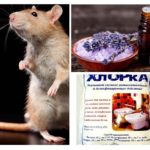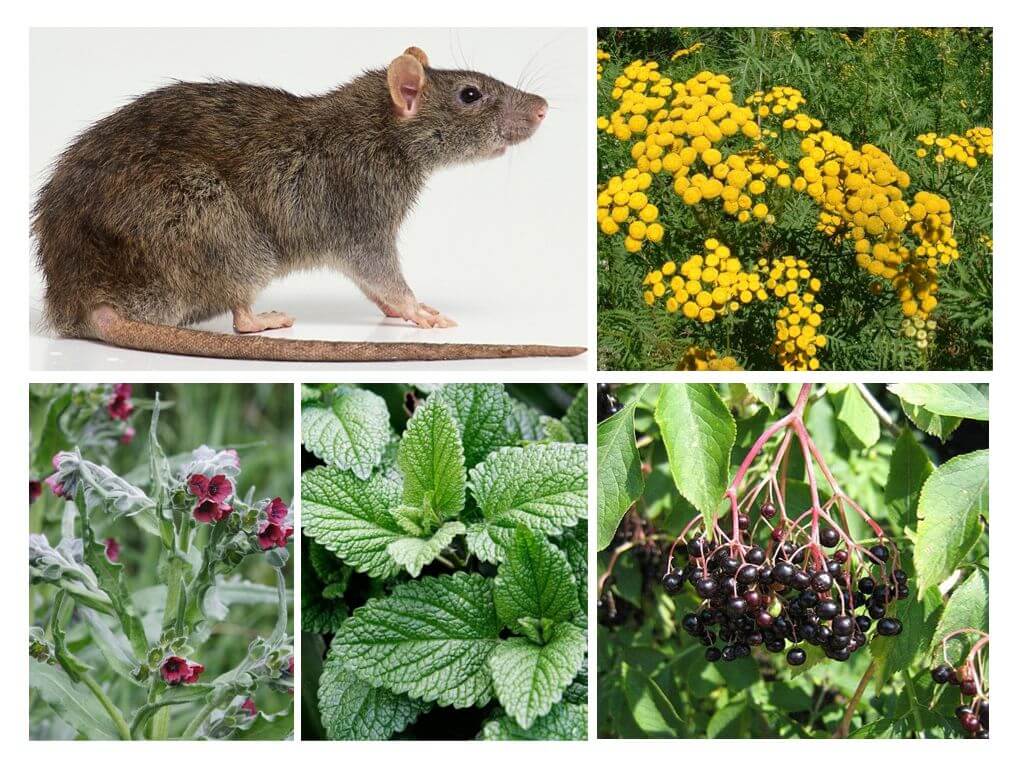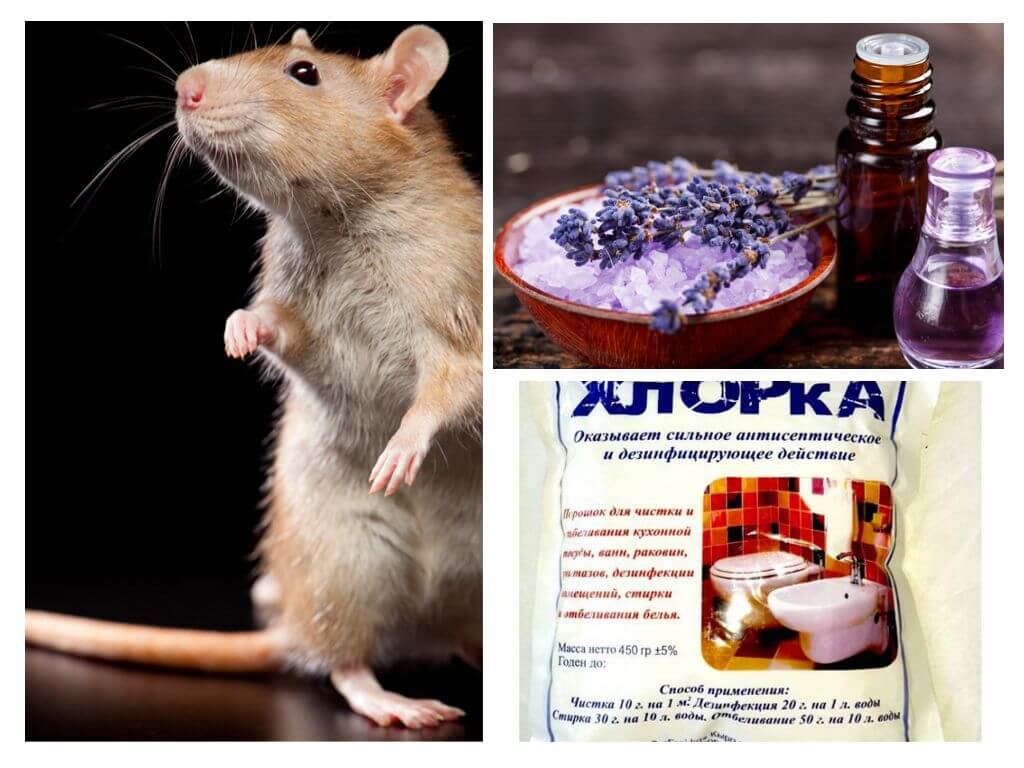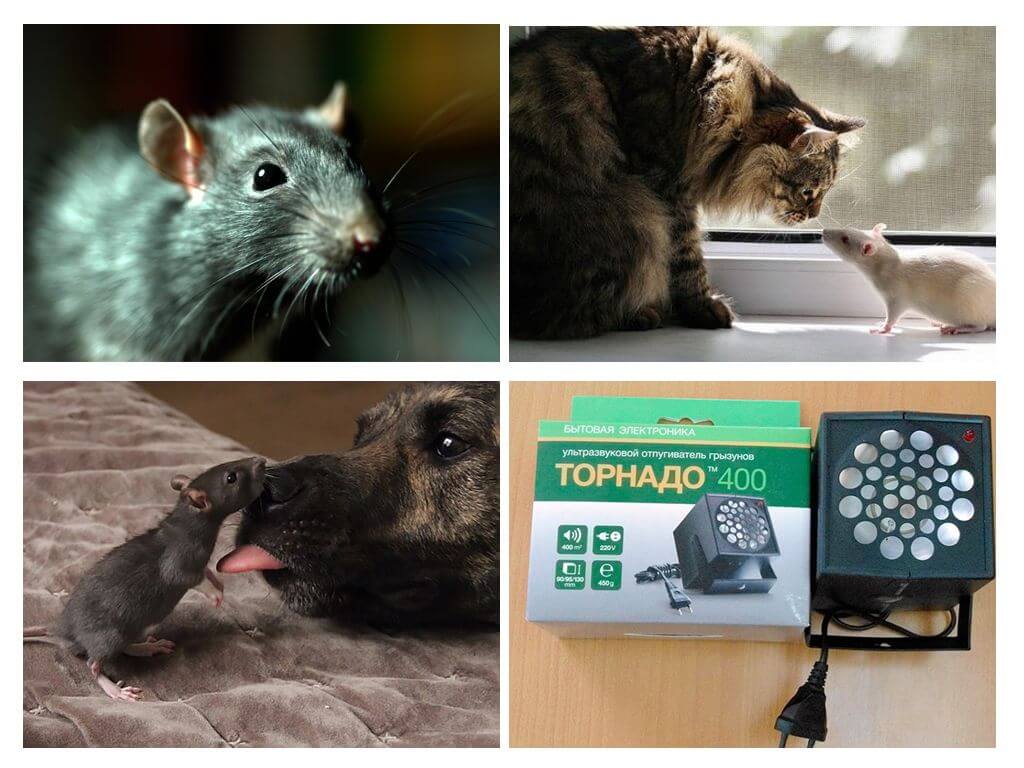What are rats and mice afraid of?
Content
- Rat plants
- Means for rodent control
- Pest control
Barely audible rat squeak, torn packages and spoiled food - such signs of rodents in the house are familiar to many people. It is unlikely that anyone would like such a neighborhood. After all, new roommates are considered not only a symbol of dirt and harm, but also a danger, because rats are carriers of many infections. There are many different chemical drugs aimed at the destruction of pests. However, a safer method of getting rid of parasites is scaring them with the help of folk remedies based on what rats and mice are afraid of.
It is known that the smell is able to quickly get rid of pests. Therefore, many people use folk remedies for this purpose. Knowing what grass are afraid of mice and rats, you can get rid of them in a very short time.
Ratman
The ratsogon (black root) is one of the most famous plants, the smell of which does not tolerate mice and rats. Chernokoreny from rats and mice it is applied both in fresh, and in a dry form. Powdered dry roots, a strong decoction of them, as well as the juice of the plants are used as a poisonous component for the preparation of food baits.
Rodents will also not appear in the room where fresh or dry rat grass will be laid out. However, due to the large number of dangerous alkaloids, the plant is not recommended for use in apartments or residential buildings. Therefore, when working with it, you must use a respirator and rubber gloves.
On a note!
It is not only the smell of a rat that scares animals away. Most of all are afraid of the mouse and rat seed plants, which firmly clings to their wool. It is possible to protect access of animals on a site if to plant several saplings of a black root near the house and the outbuildings.
Peppermint
They do not like mice and the smell of peppermint. The plant is used both in fresh form and in the form of a solution, concentrate or essential oil. Mint bundles are laid out near the holes of the pests, as well as along the path of their movement. Do not spoil the products of the mouse or rat, if in the kitchen cabinets will be present the smell of mint.
Tansy
Tansy - a plant that is very popular in the fight not only with rodents, but also with many insects. The sharp smell of this grass, spread out in the corners of the room, will reliably protect from uninvited guests.
Elder
Elderberry red, black or grassy is an excellent repellent against mice and rats. This shrub or small tree can scare off parasites due to hydrocyanic acid, which its roots secrete. Therefore, neither in the house nor in the shed, next to which the elder will grow, rodents will not start.
Chamomile
Another pest-repellent plant is the beloved by many daisies. Its healing and repellent properties have been known to people since ancient times. Long-tailed animals left the hut, on the floor of which fragrant chamomile blossoms were scattered. Bundles of dried inflorescences helped to preserve food stored in household outbuildings.
To protect the house from gnawing mammals used and decoction of the plant. For its preparation you need 3 tbsp. l fresh or dry raw material pour 1 liter of water and boil for 10 minutes. The resulting broth was treated kitchen furniture, as well as the favorite places of parasites.
Rosemary
Ledum - a plant containing hydrocyanic acid, which is used against mice and rats. Its frightening smell is destructive for mammals. It is for this purpose that the plant is planted in the garden plots, as well as tied to the doors of sheds and houses.
The smell of wild rosemary is also effective against flies, mosquitoes and even clothes moths. So that the pest doesn’t spoil the clothes, grass bags are hung in the cabinets or the plants are shifted with plant branches.
Sagebrush
Wormwood is a herb whose tart smell is known to everyone.With its help, people protect their homes and harvested crops from rodents. Wormwood bunches are laid out in the favorite habitats of the pests, not forgetting the ventilation ducts and the places where food is stored.
On a note!
To achieve the maximum effect, before spreading bundles of fresh or dry wormwood, they are scalded with boiling water.
Essential oils
Another repellent against pests are essential oils. Their concentrated odors do not like rats and mice. It is enough to put an oil-soaked tampon or a piece of cloth that will smell strongly next to the rodent's burrow, and the mouse family will not start there anymore.
Essential oils should be used with extreme caution, as their concentrated odor can cause an allergic reaction.
On a note!
Plants against pests are widely used. However, rodents are not only deterred by herbal scents. For parasites, the smell of kerosene, burnt rubber and even perfumery is also destructive. However, most of them are preferable to use in non-residential premises.
What else are afraid of pests
The question of what smell frightens away rats and mice is puzzled by those who for one reason or another cannot use chemical drugs.
- Bleach. The smell of this substance is really avoided by the mouse and the rat. However, it is necessary to take into account the fact that when using this tool in a residential area, it is necessary to inhale its aromas and the inhabitants themselves.
- Vinegar. It has bleach-like properties. Inhalation of its vapors is also unsafe for humans.
- Naphthalene is the strongest carcinogen, in connection with which experts do not recommend its use in residential areas.
Does light act on rats
The question, afraid of the light of the mouse, worries many. Many people believe that by leaving the lights on for the night, animals will not bother them. However, this statement is not entirely true. The light really scares some individuals: they squint and tend to hide as soon as possible. But there are representatives who quickly adapt to bright lighting, after which it does not serve as a barrier to them at all.
Are rodents afraid of water?
Neither mice nor rats are not afraid of water, as they are able to hold onto it perfectly.Gnawing creatures swim no worse than their water counterparts, however, at every opportunity they seek to get out onto dry land as soon as possible. The exception is water rats and other species of rodents settling along the banks of reservoirs.
Therefore, deciding to get rid of rodents using water traps, it is necessary that their internal walls are smooth and slippery. Once in such a water trap, the animal can not get out of it.
Who are the pests afraid of?
Not all rodents are afraid of cats and cats. The exception in this case is the large size of the Pasyuk or gray rats. Many of them are able to move freely in broad daylight, without paying much attention to the pet who is sitting next to it. However, there are courageous cats who are not afraid to attack uninvited guests. The dog easily attacks a large rat.
On a note!
The cat will render invaluable service in catching small parasites. Rodents are even afraid of the smell of cats, which is present in the apartment. After clearing the house of pests, many baleen predators go hunting in neighboring areas. With no less force, mice and rats are afraid of birds.
Rats against mice are also common in nature.Where large rodents have settled down, small ones will never start. After all, a hungry rat is a serious danger for the little mouse. Also rodents are afraid of people, but in some cases rats can attack humans.
Do mammals react to sound
Oddly enough, but rats and mice are very frightened by loud noises. Animals will not live in a house where music is playing loudly, a drill or other power tool is working.
Another way to scare away tail pests are ultrasonic devices. High cost - their main drawback. The pests produced by the ultrasound device are not able to withstand, so they rush to leave the premises as soon as possible. However, these sound waves are not perceived by the human ear, therefore they are absolutely safe for health.
To get the desired result, it is important to choose the right rodent ultrasonic repeller. Its capacity should correspond to the area of the room. Otherwise, get rid of rodents will not succeed. An equally important nuance is the ability to change the frequency of the signal, since the same sound can be addictive for parasites.








 (votes: 14, Average rating: 4.79 out of 5)
(votes: 14, Average rating: 4.79 out of 5)


